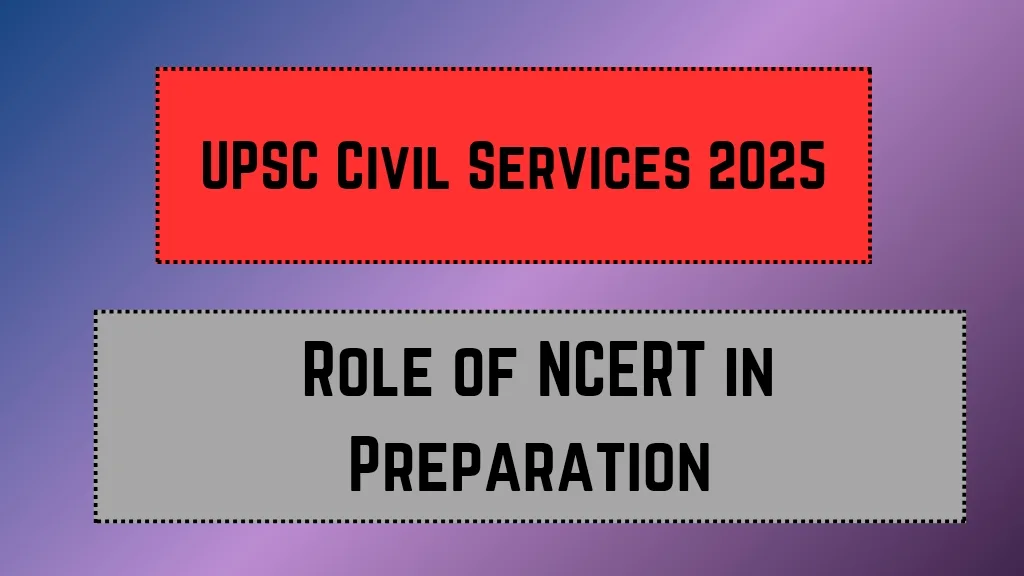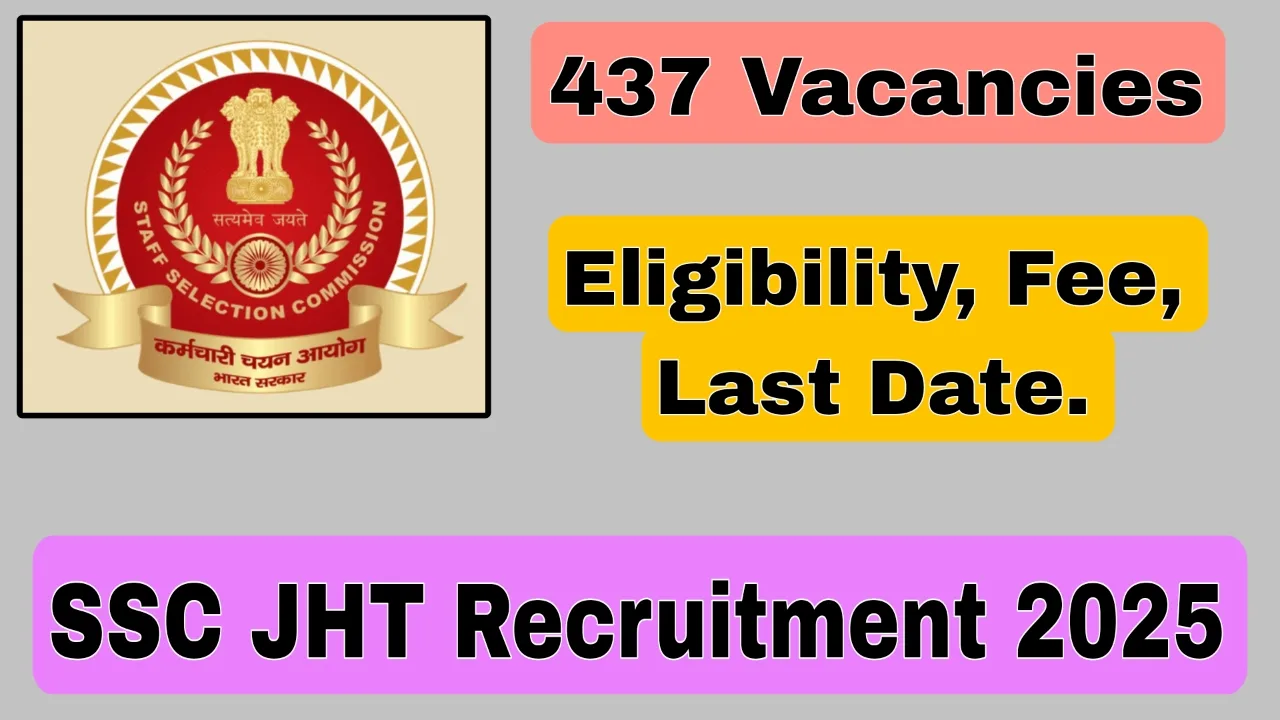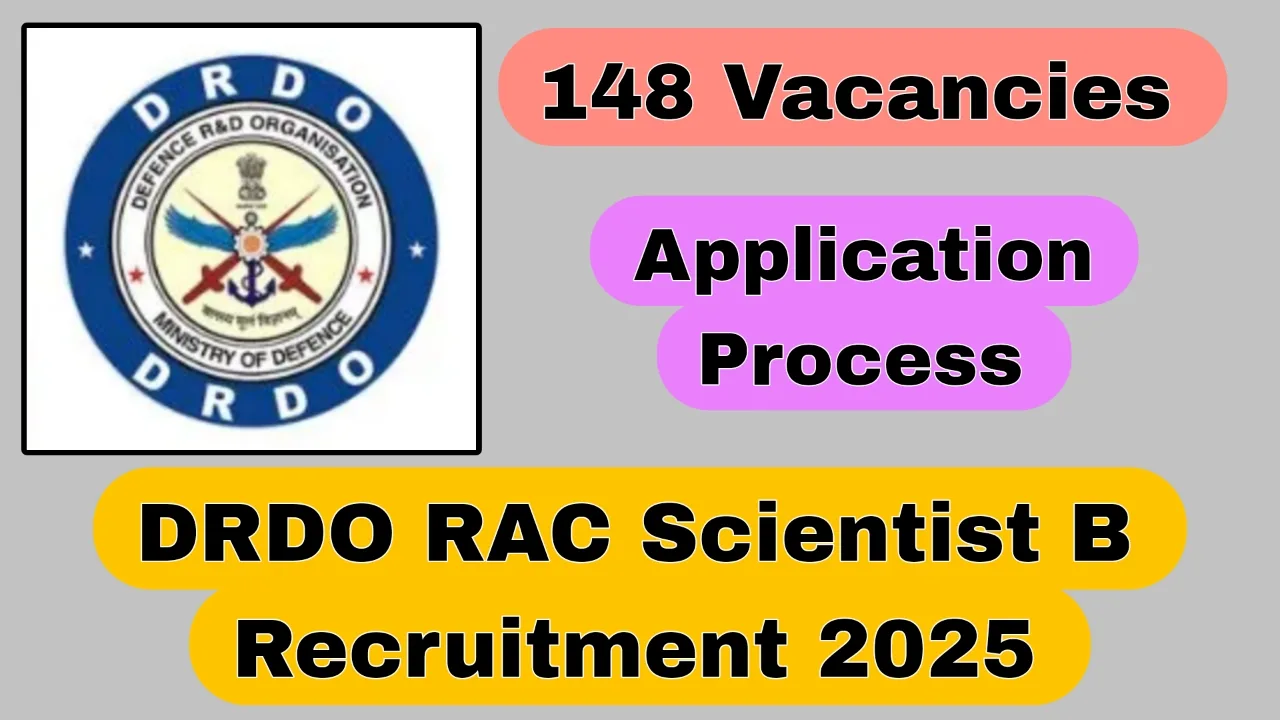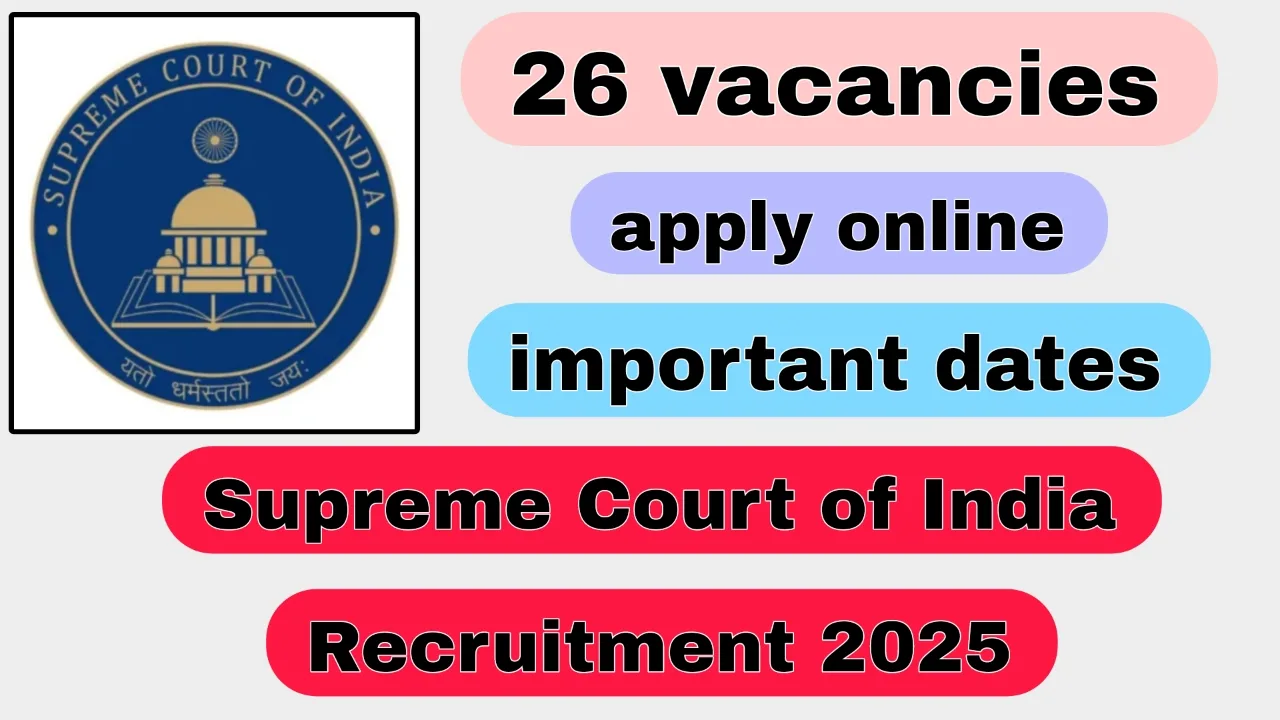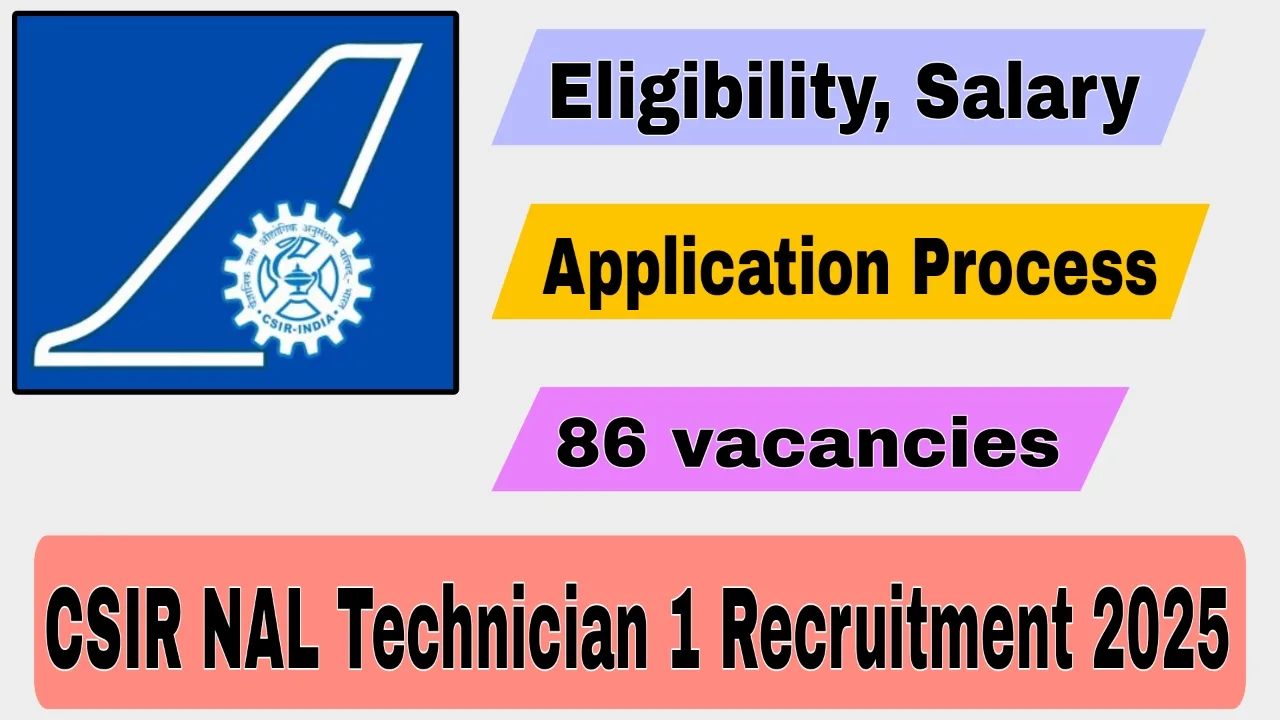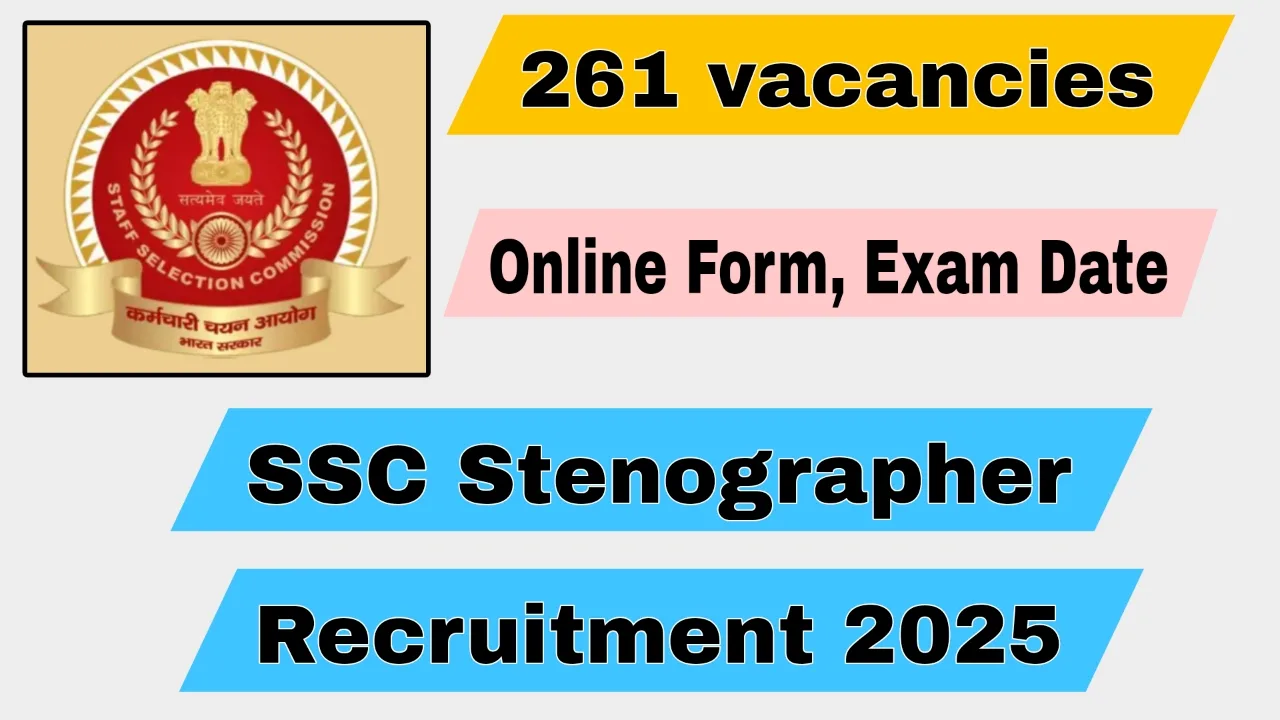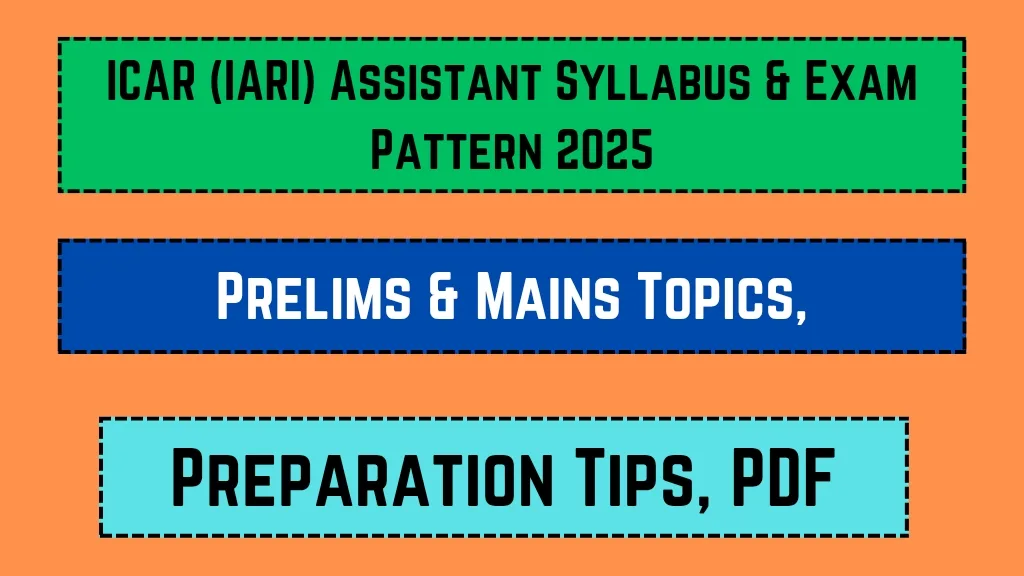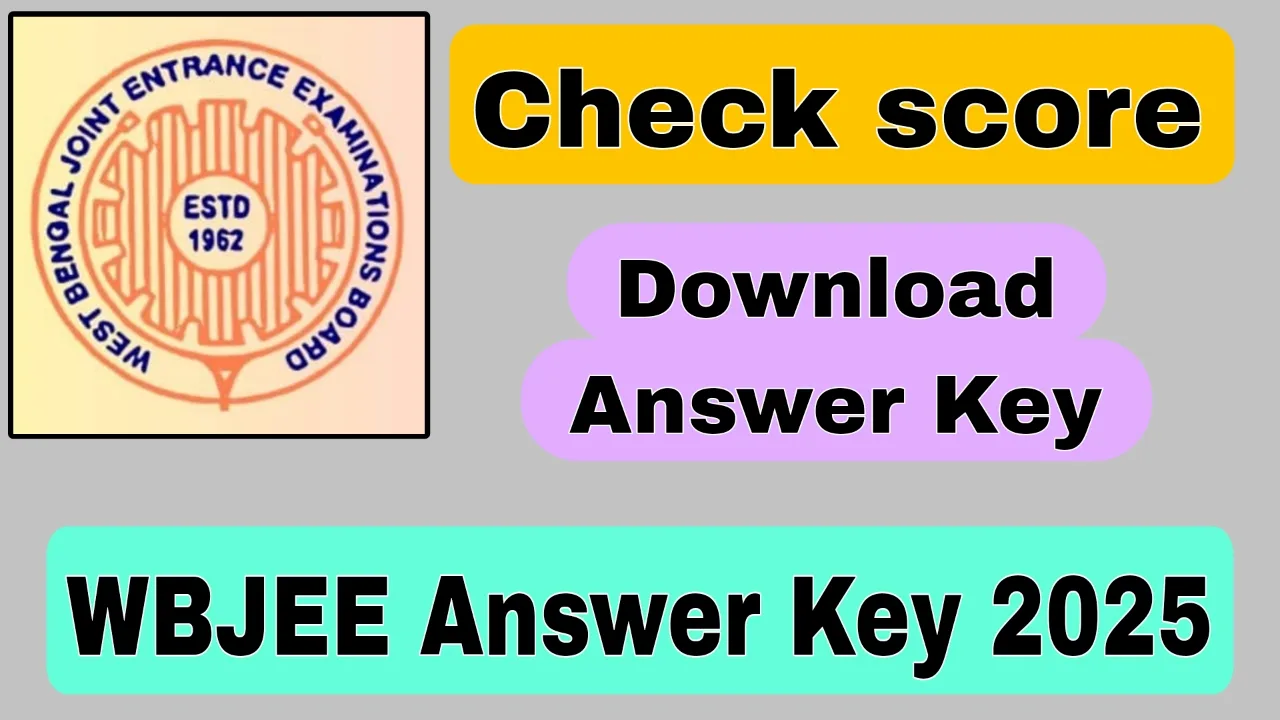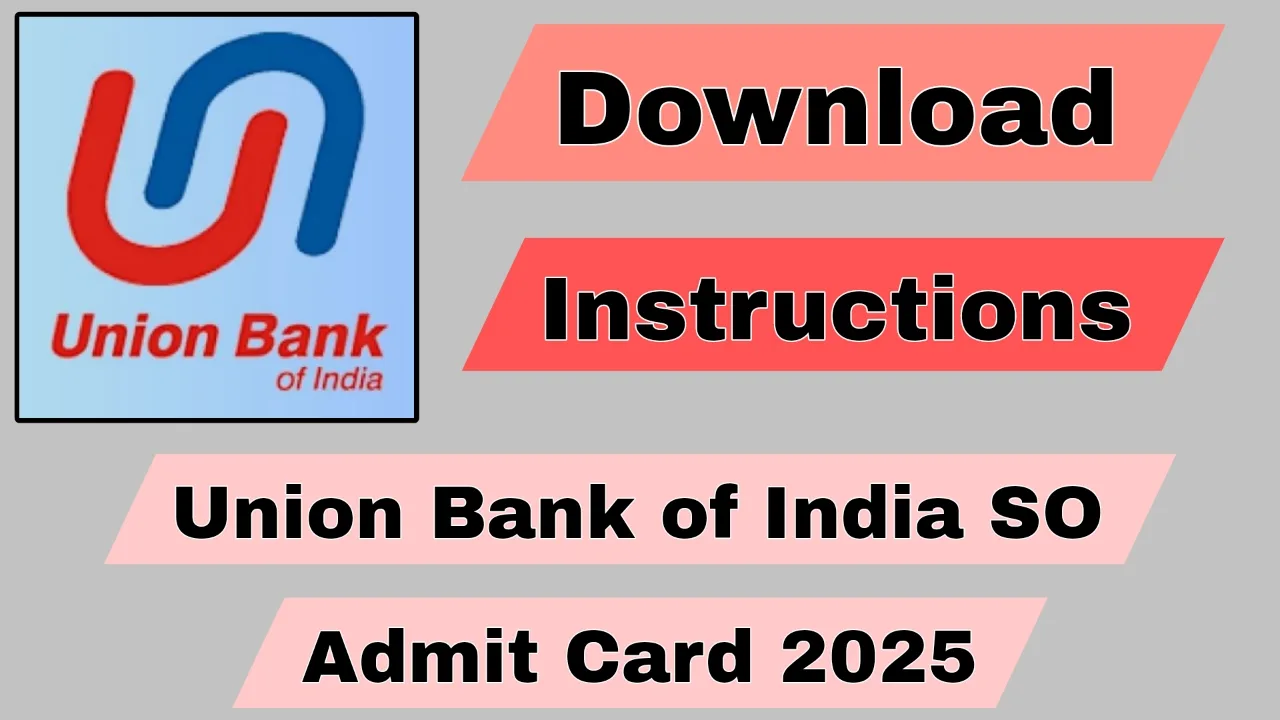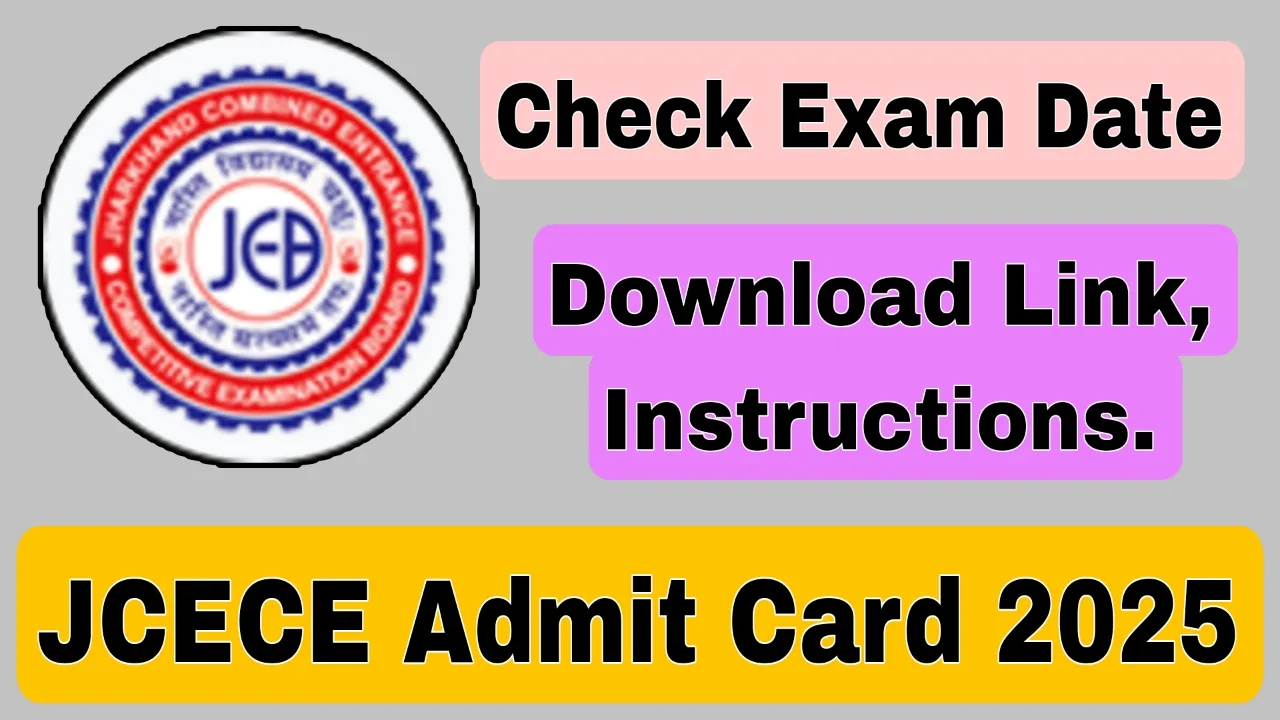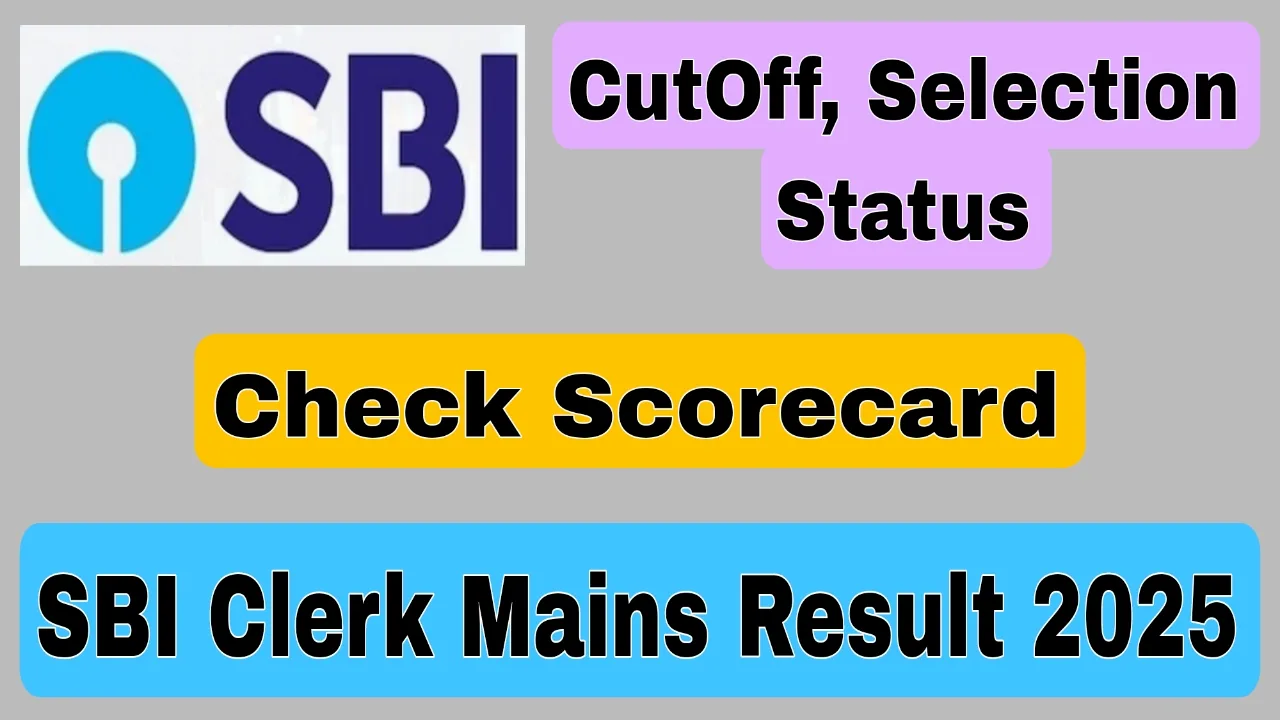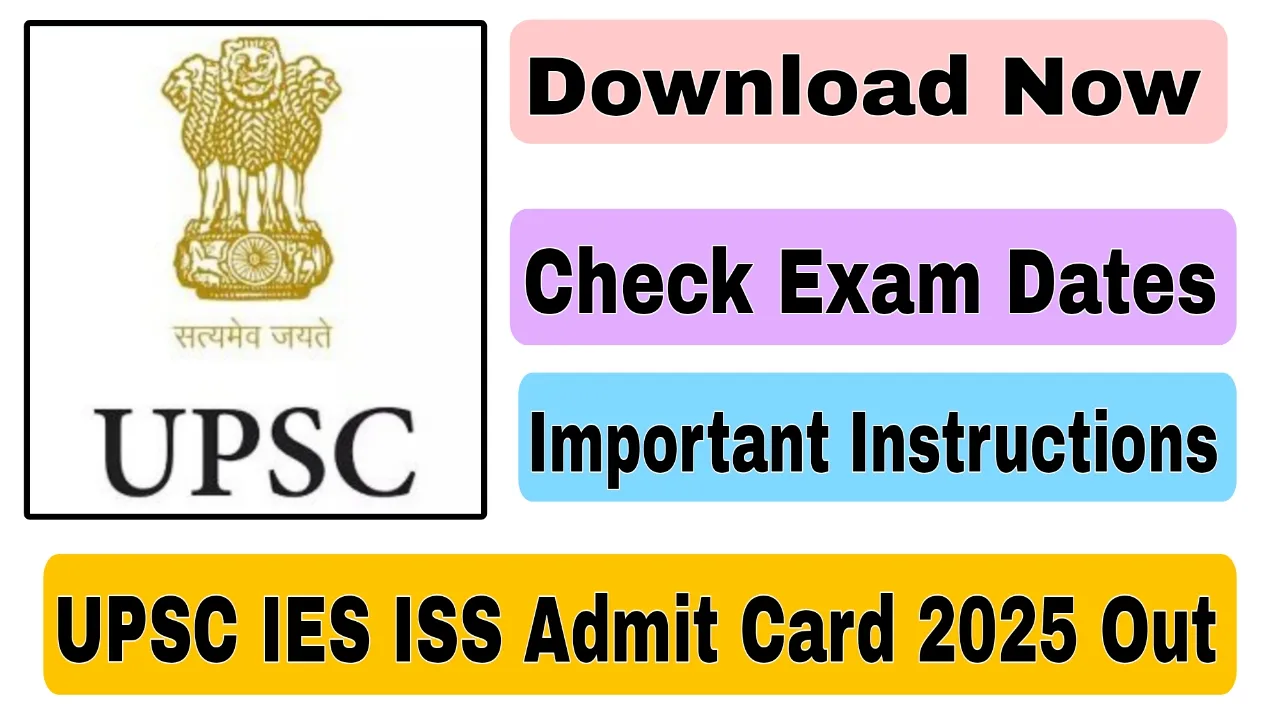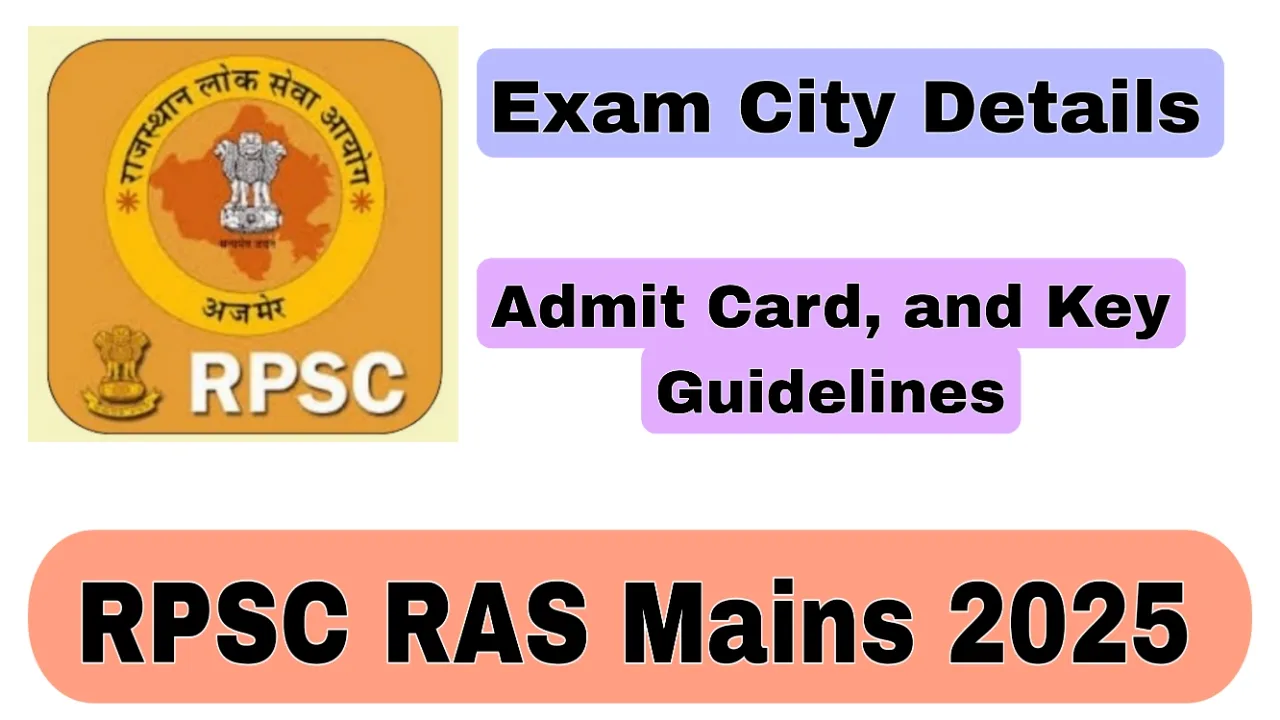Preparing for the UPSC Civil Services Exam is like building a skyscraper—you need a strong foundation. And when it comes to laying that foundation, NCERT books are the go-to resource for aspirants. These books, designed for school students, are surprisingly powerful tools for cracking one of the toughest exams in the world. But why are they so important? How do they fit into the grand scheme of UPSC preparation? Let’s dive into the role of NCERT in UPSC 2025 and uncover why they’re a non-negotiable part of your strategy.
Key Highlights 🗓
| Key Point | Details |
|---|---|
| Organization Name | NCERT (National Council of Educational Research and Training) |
| Purpose | Provides foundational knowledge for UPSC preparation |
| Subjects Covered | History, Geography, Polity, Economics, Science, and Environment |
| Language | Simple and easy to understand |
| UPSC Relevance | Directly aligns with UPSC syllabus |
| Cost-Effective | Affordable and widely available |
| Trusted Source | Recommended by toppers and experts |
| Updated Content | Regularly revised to reflect current trends |
| Official Website | ncert.nic.in |
Why NCERT Books Are a Must for UPSC 2025 🗓
Building a Strong Foundation
Think of NCERT books as the ABCs of UPSC preparation. They simplify complex topics, making them accessible even if you’re starting from scratch. For instance, if you’re struggling to understand the Indian Constitution, the Class 11 Political Science NCERT breaks it down into bite-sized, easy-to-digest chapters.
Alignment with UPSC Syllabus
The UPSC syllabus is vast, but NCERT books cover almost every topic in it. From ancient history to modern economic policies, these books ensure you don’t miss out on the basics. For example, the Class 12 Geography NCERT is a goldmine for topics like climate change and natural resources, which are frequently asked in the exam.
Real-Life Example: Topper’s Secret
Ira Singhal, the 2014 UPSC topper, swears by NCERT books. She credits her success to thoroughly studying these books before moving on to advanced resources. Her strategy? Read NCERTs multiple times to internalize the concepts.
How to Use NCERT Books Effectively 🗓
Step-by-Step Strategy
- Start Early: Begin with Class 6 NCERTs and work your way up to Class 12.
- Subject-Wise Approach: Focus on one subject at a time to avoid confusion.
- Make Notes: Highlight key points and create concise notes for quick revision.
- Revise Regularly: Revisit the books multiple times to reinforce your understanding.
Expert Insight
According to Roman Saini, a former IAS officer and educator, “NCERT books are like the backbone of UPSC preparation. They help you understand the ‘why’ behind every concept, which is crucial for answering analytical questions.”
Subject-Wise Breakdown of NCERT Books 🗓
| Subject | NCERT Class | Key Topics Covered |
|---|---|---|
| History | Class 6-12 | Ancient, medieval, and modern Indian history |
| Geography | Class 6-12 | Physical, human, and economic geography |
| Polity | Class 9-12 | Indian Constitution, governance, and political system |
| Economics | Class 9-12 | Basic economic concepts, Indian economy |
| Science | Class 6-10 | General science and technology |
| Environment | Class 12 (Biology) | Ecology, biodiversity, and environmental issues |
Common Mistakes to Avoid While Using NCERTs 🗓
Even though NCERT books are a treasure trove of information, many aspirants make mistakes that hinder their progress. Here’s what to watch out for:
| Mistake | Why It’s a Problem | Solution |
|---|---|---|
| Skipping Lower Classes | Missing foundational concepts | Start from Class 6 and move systematically |
| Not Making Notes | Hard to revise during the final stages | Create concise, subject-wise notes |
| Over-Reliance on NCERTs | NCERTs alone aren’t enough for advanced topics | Supplement with standard reference books |
| Ignoring Diagrams and Maps | UPSC often asks map-based questions | Practice diagrams and maps from NCERTs |
Research-Backed Data: Why NCERTs Work 🗓
A study conducted by Vision IAS revealed that 75% of UPSC toppers relied heavily on NCERT books during their preparation. The study also found that 60% of the prelims questions can be directly or indirectly traced back to NCERT content.
Expert Insight
Shruti Sharma, the 2022 UPSC topper, emphasizes, “NCERT books are not just for beginners. Even during my final revision, I kept going back to them. They help you stay grounded and focused on the basics.”
Supplementing NCERTs with Other Resources 🗓
While NCERT books are essential, they’re not the only resource you’ll need. Here’s how to balance them with other materials:
| Resource | Purpose | Example |
|---|---|---|
| Standard Reference Books | For in-depth understanding | Laxmikanth for Polity, Spectrum for History |
| Current Affairs | To stay updated on recent events | The Hindu, Indian Express |
| Mock Tests | To practice and improve time management | Vision IAS, Insights IAS |
Final Thoughts 🗓
Preparing for the UPSC Civil Services Exam 2025 is no small feat, but with NCERT books in your arsenal, you’re already one step ahead. They’re not just books; they’re your roadmap to success. So, grab those NCERTs, start reading, and remember—every topper was once a beginner who believed in the power of basics.
By following this structured, engaging, and research-backed approach, you’ll not only ace your UPSC preparation but also enjoy the journey. Happy studying! 📚
